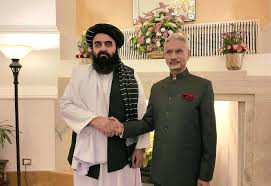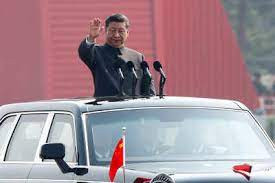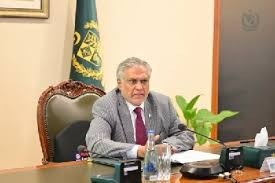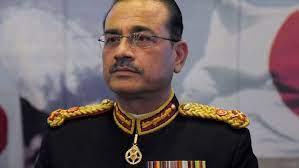Tensions Flare as Pakistan Army's Indiscriminate Firing Across LoC and IB Kills 7 Civilians, Injures 38
IIE DIGITAL DESK : Srinagar, May 7 — In one of the deadliest ceasefire violations in recent months, the Pakistan Army launched indiscriminate firing and shelling across the Line of Control (LoC) and the International Border (IB), killing seven civilians and injuring at least 38 others, including women and children, in Jammu and Kashmir. The attack, which took place in the early hours of Tuesday, has drawn sharp condemnation from Indian authorities and has once again brought the fragile peace along the border into question.
According to official sources, the unprovoked firing began late Monday night and continued into Tuesday morning. Heavily populated civilian areas in the districts of Poonch, Rajouri, and Kathua bore the brunt of the aggression. Mortar shells rained down on villages, damaging homes, setting structures ablaze, and causing chaos among sleeping residents who were caught completely off guard.
Eyewitnesses in the affected villages described scenes of panic and devastation. "It felt like a war zone," said Rafiq Ahmed, a resident of a border village in Poonch. "We were fast asleep when suddenly everything shook. There were loud explosions, and we rushed out only to find shrapnel flying and homes on fire. It was terrifying." Among the deceased were two children and a woman, according to local officials.
Medical teams rushed to the scene after the firing subsided, and emergency services scrambled to evacuate the injured. Government hospitals in Rajouri and Jammu received a flood of casualties, many of whom had sustained serious shrapnel injuries. Authorities have since declared a red alert in the region and have moved many families to safer locations as a precaution.
The Indian Army retaliated strongly to the Pakistani aggression, using precision firepower to target enemy bunkers and posts that were identified as the source of the shelling. “Our response has been measured yet firm,” said a senior defence official in Srinagar. “We are not only retaliating to protect our people but also to send a clear message that such provocations will not go unanswered.”
This latest escalation comes despite a ceasefire agreement renewed in February 2021 between India and Pakistan, in which both sides had pledged to strictly observe all ceasefire agreements along the LoC and IB. While the understanding initially resulted in a marked decrease in hostilities, recent months have seen a troubling rise in violations.
India has condemned the latest attack in the strongest terms, calling it a "cowardly and calculated act of terror." In a statement issued by the Ministry of External Affairs, India stated that the deliberate targeting of civilians during peace-time reflects the Pakistani military’s continued disregard for international norms and human rights.
Home Minister Amit Shah expressed grief over the loss of innocent lives and reiterated the government's commitment to ensure the safety of border residents. "Pakistan’s barbaric act will not go unanswered. We stand firmly with our people and our forces," Shah said, adding that security along the borders is being reviewed and necessary action will be taken.
Defence analysts believe the timing of the aggression is significant, coming amid heightened activity by terror groups across the border and political instability within Pakistan. “This appears to be part of a larger design to stoke unrest in Jammu and Kashmir,” said Lt Gen (Retd) Deependra Singh Hooda. “Such violations serve dual purposes — provoke India and give cover to infiltration attempts.”
Local administrations in the affected districts have set up temporary shelters for displaced families and announced compensation for the victims. District Magistrate of Rajouri, Vikas Kundal, confirmed that teams have been dispatched to assess property damage and assist in relief efforts. “We are coordinating with the army and police to ensure safety and aid for all affected families,” he said.
International reactions are beginning to pour in as the news of the attack spreads. The United Nations has urged both sides to exercise restraint and respect the ceasefire agreement. Meanwhile, diplomats in New Delhi have expressed concern over the escalation and called for de-escalation through dialogue.
Despite the calls for peace, the prevailing mood along the border is one of fear and anger. Villagers, many of whom have lived under the shadow of shelling for decades, are demanding long-term solutions. “We are the ones who suffer every time the guns speak,” said Parveen Begum, a widow who lost her son in the attack. “We want peace, but at what cost?”
As security forces remain on high alert and military activity continues along the border, India has warned Pakistan of severe consequences if such provocations continue. The coming days are likely to test diplomatic channels, even as families along the LoC and IB brace for what might come next.
You might also like!
















